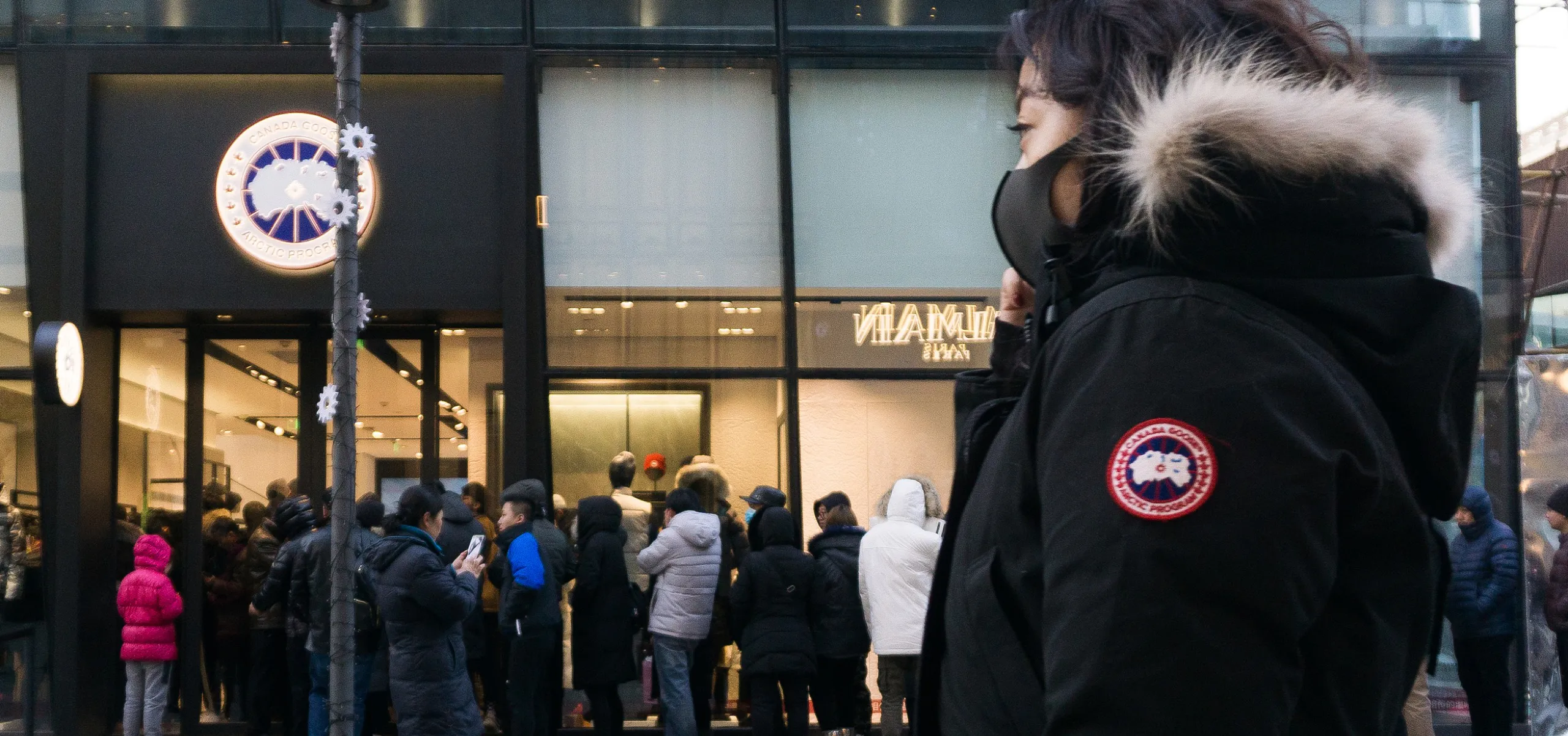Sexist, discriminatory, and dishonest brands that met the wrath of Chinese consumers this year
Another year, another glut of apologies from brands and companies accused of misleading Chinese customers. If you’ve so much as glanced at social media in 2021, you will have likely seen “翻车 (fānchē, car overturned)” all over Weibo. The term literally refers to a traffic accident, but has recently been appropriated by netizens to describe celebrities and brands who mess up and ruin their own reputations through controversy and scandal.
From a depressingly high number of examples of sexist advertising to misleading sales promotions, brands have found all manner of ways to wreck themselves this year. Here are the top six occasions on which brands met Chinese netizens’ wrath this year.
PurCotton’s victim-blaming ad
The first on a long list of companies that irked consumers with sexist marketing toward women, PurCotton, a maternity and baby products brand, was criticized for objectifying women and joking about women’s safety in a controversial commercial. The January advert, meant to promote its makeup removal wipes, featured a young woman being stalked by a threatening man in a narrow alley at night. As the man gets close, seemingly about to attack the woman, she takes out a PurCotton wipe and removes her makeup, turning into an ugly man in the process and scaring away her would-be attacker.
Many outraged netizens pointed out that the commercial associated women’s safety with their appearance, and accused PurCotton of victim-blaming.
The company quickly published a public apology, saying it had removed the commercial. Yet PurCotton managed to enrage critics further when it posted another more detailed version of the apology two days later which included two paragraphs saying “sorry,” and eight paragraphs of corporate spiel boasting about the company’s history, vision, products, and achievements.
“If we didn’t read the first paragraphs, we would regard it as an annual report at the year-end conference,” one Weibo user commented.
Ubra objectifies women in the workplace
In February, lingerie brand Ubra invited a number of stand-up comedians to publish creative videos on Weibo for a marketing campaign. The result was perhaps predictably distasteful. After Li Dan, one of China’s best-known male stand-up comedians, published a post describing Ubra’s bra as “a tool for women to win without lifting a finger in the workplace (一个让女性轻松躺赢职场的装备 yí gè ràng nǚxìng qīngsōng tǎngyíng zhíchǎng de zhuāngbèi),” criticism rained down on both Li and the company on social media.
The phrase “躺赢 (win while lying down)” means “win effortlessly” online, but when it was used in the context of promoting a bra, it seemed to indicate that women can achieve success at work through their appearance and sexuality.
Feminists pointed out how disrespectful toward women the post was, and soon many netizens announced they would boycott Ubra’s products.
Ubra apologized for the inappropriate content through its Weibo account, while Li did the same a day later, saying he hadn’t meant to cause offense and would be more careful with his words in future.













